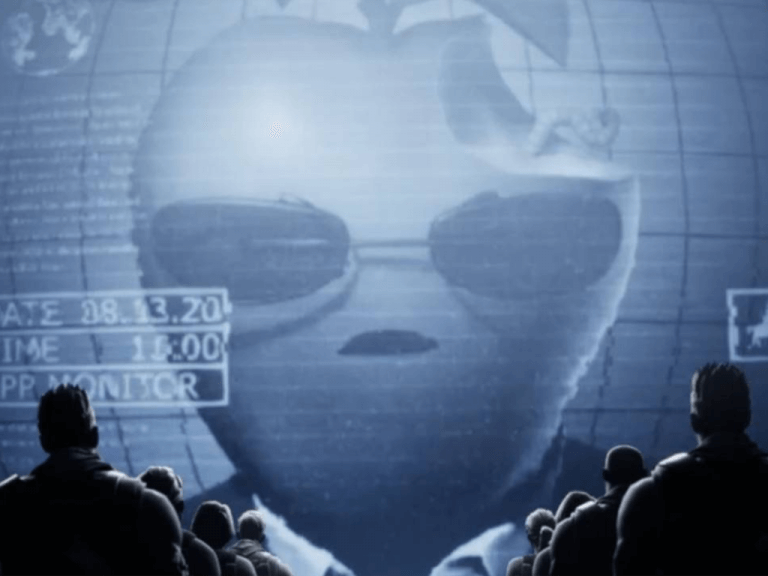Microsoft, along with 35 other states and the US Department of Justice have joined in lockstep to voice their concern and opposition to the Epic Games v. Apple ruling which heavily favored the latter company.
The basis of the joint opposition from Microsoft and company stems from the belief that District Judge Yvonne Gonzales-Rogers who presided over the Epic Games v. Apple seemingly misinterpreted the Sherman Act and, and as such, created a paradox of anti-competitive immunity when delivering her ruling.
The district court’s holding creates a paralyzing paradox: Once a firm acquires market power and unilaterally imposes a contract, then it is no longer subject to Section 1. Affirming this paradox would gut the Sherman Act and prevent the Amici States from enforcing antitrust violations by large firms that harm their citizens.”
According to a report from ZDNet, the DoJ delivered an addendum to the earlier statements echoed by Microsoft and 35 other states that point to several legal errors it believes Gonzales-Rogers made when issuing a ruling favoring Apple. For Microsoft’s part, its claim to opposition stems from its “concern” over competition in the market and its ultimate effect on consumers.
Apple uses its control over an essential component of modern communications technology — now the phones, rather than the phone network — to interfere with how its customers may deal with third parties in other markets.
Microsoft takes it a step further by claiming the early result of Gonzales-Rogers has done little to address the harm Apple has already inflicted upon consumers and that the ruling essentially supports Apple’s rationale while simultaneously shielding the company from future antitrust scrutiny.
Consumers and innovation will suffer — indeed, they already have. The district court’s reasoning failed to give sufficient weight to these immense competitive risks and, if broadly affirmed, could insulate Apple from meritorious antitrust scrutiny and embolden further harmful conduct.
The Epic Games v. Apple case may have had an initial ruling that landed mostly in Apple’s favor, but the matter is far from resolved as both companies have filed appeals. Despite judge Gonzales-Rogers agreeing with Apple that Epic violated developer agreements, and being awarded 30 percent of $12 million in damages from the violation as well as an additional 30 percent of revenue collected by Epic during the trail, Apple still filed an appeal to have the 185-page ruling overturned, presumably because it was still asked to loosen control of the App Store payment options.
For its part, Epic Games filed their appeal sitting similar Sherman Act errors pointed out by Microsoft and others that it believed were made when ruling in favor of Apple.
Contextually speaking, it is interesting that Microsoft has chosen to weigh in on the matter as it also faces anti-competitive claims both in the US and E.U. regarding its handling of its first party software Teams vs. industry darling Slack regarding the enterprise communications industry.


